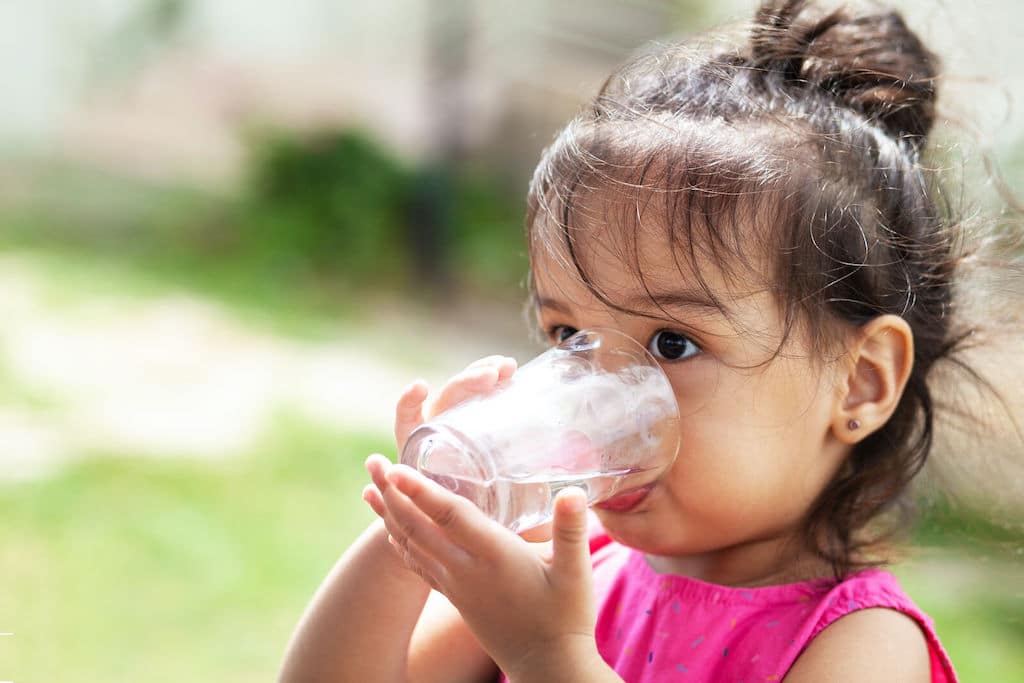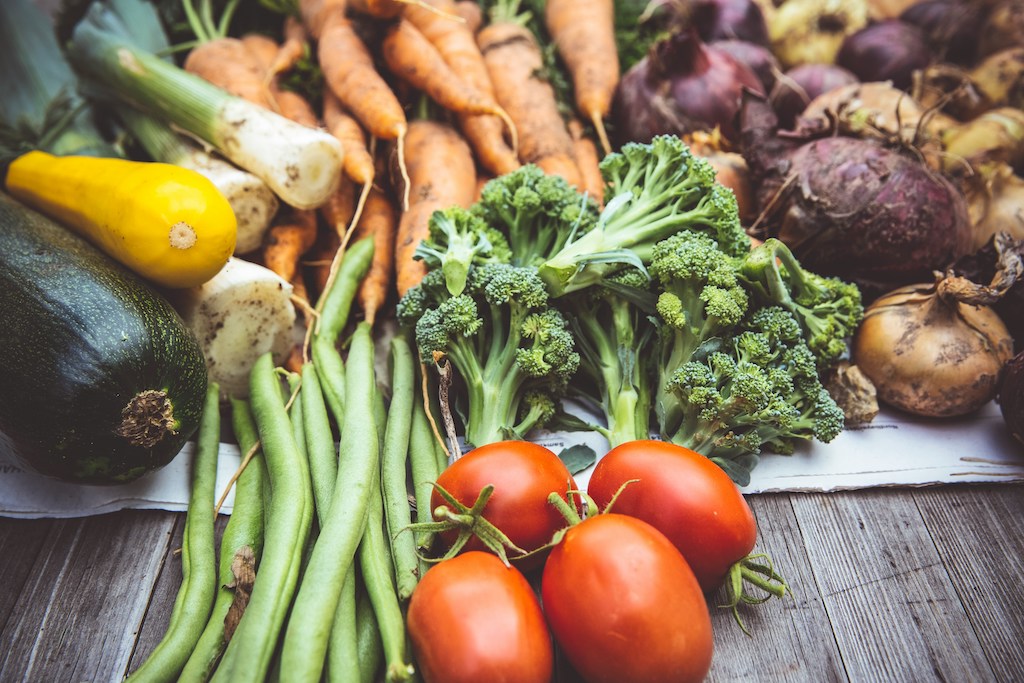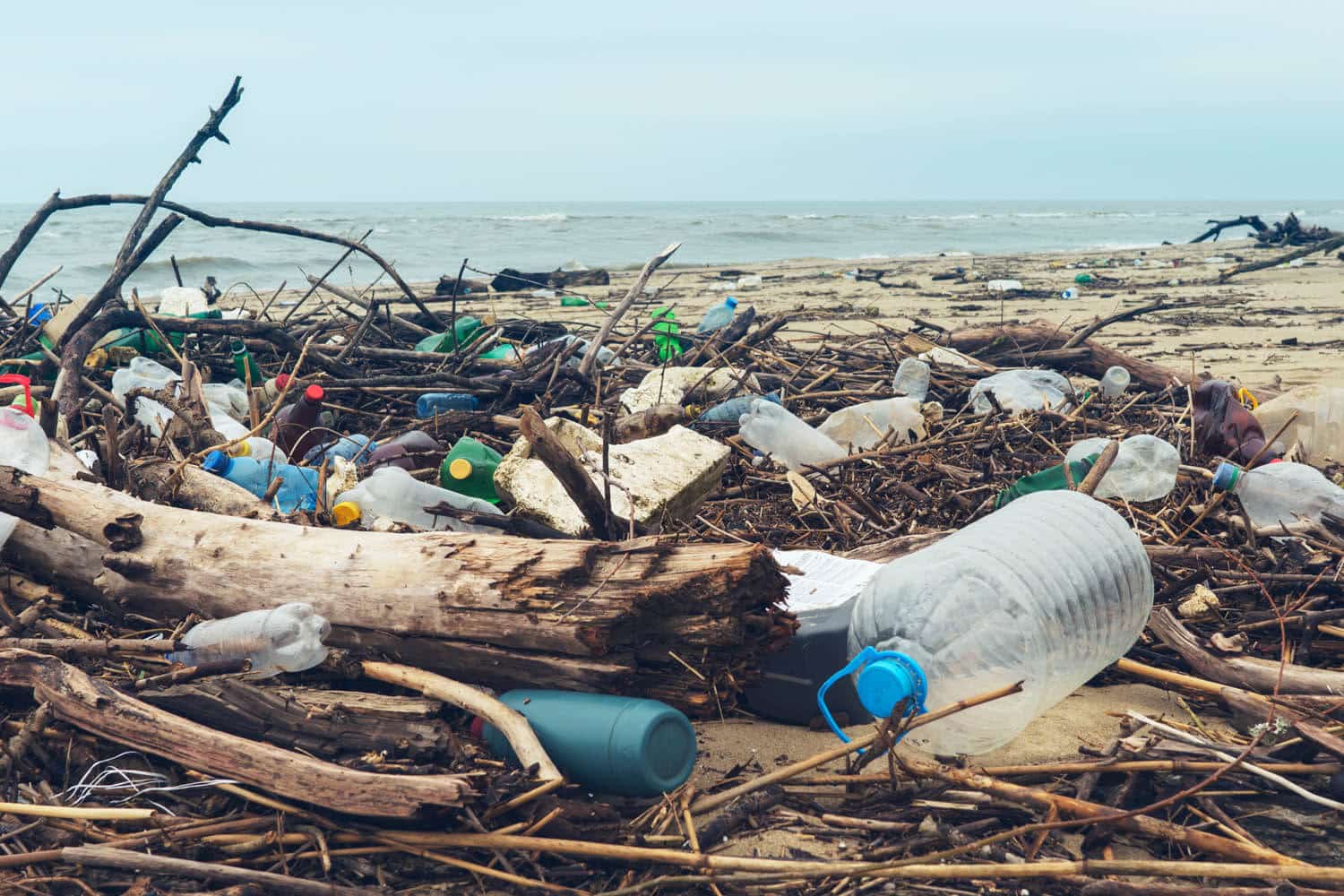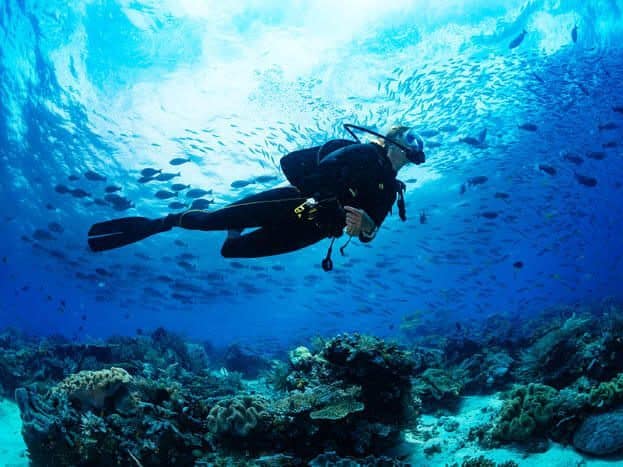Water filter distribution is critical to provide safe, clean drinking water to U.S. communities during water crises without causing massive amounts of plastic pollution.
Aging infrastructure, natural disasters, toxic contaminants, and a severe lack of funding are just some of the crises U.S. water systems are facing that result in unsafe water for disproportionately Black, Brown, and low-income communities. Without a reliable clean water source, many families have turned to purchasing single-use plastic water bottles for cooking, washing, and drinking in the hopes of protecting their children and family members from polluted water.
However, single use-plastic water bottles are an expensive additional financial cost to families, and filtered tap water is far more affordable. This, in addition to the harmful health costs of consuming water from plastic bottles that can release nano & microplastics into the water, along with toxic plastic additive chemicals. Filters, not bottles, can provide a safe, affordable water solution, especially during the U.S. lead service line replacement.
Filtered Not Bottled Water Could Prevent the Use of Hundreds of Billions of Single-Use Plastic Bottles
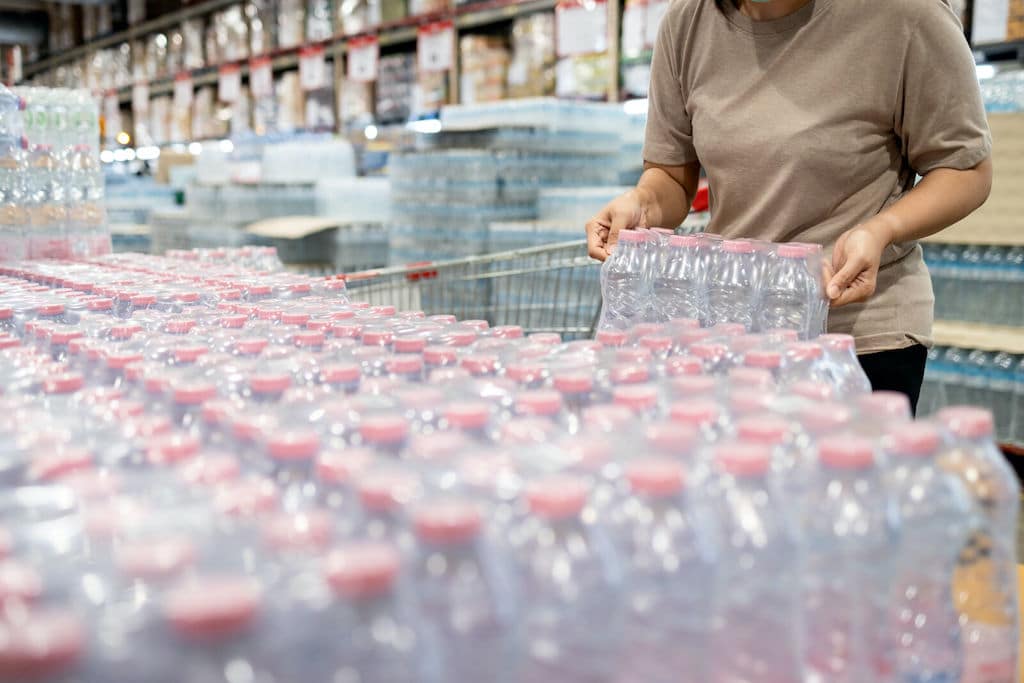
Water systems must implement a “filter first” strategy, providing a filter certified to remove lead to impacted households to provide an immediate safe water source. World health experts agree there is no safe level of lead exposure, especially for children who can face irreversible health consequences from even low levels of exposure. While there have been significant advancements in recent years on lead service line replacement (LSLR), it will still be 10 years before many cities replace their last lead line, and over 40 years for cities like Chicago to have clean drinking water.
Providing filters to families impacted by lead service line replacement in the U.S. could provide an immediate clean water source while preventing the use of hundreds of billions of single-use plastic bottles over the course of the project. Supplying the 22 million impacted people in the United States with single-use plastic water bottles for just six months would require over 32 billion water bottles. Ensuring expedient distribution of filters and proper education is critical to provide families with safe, clean drinking water as soon as possible without polluting single-use plastics.
EPA Lead and Copper Rule Improvement Must Go Further with Filters
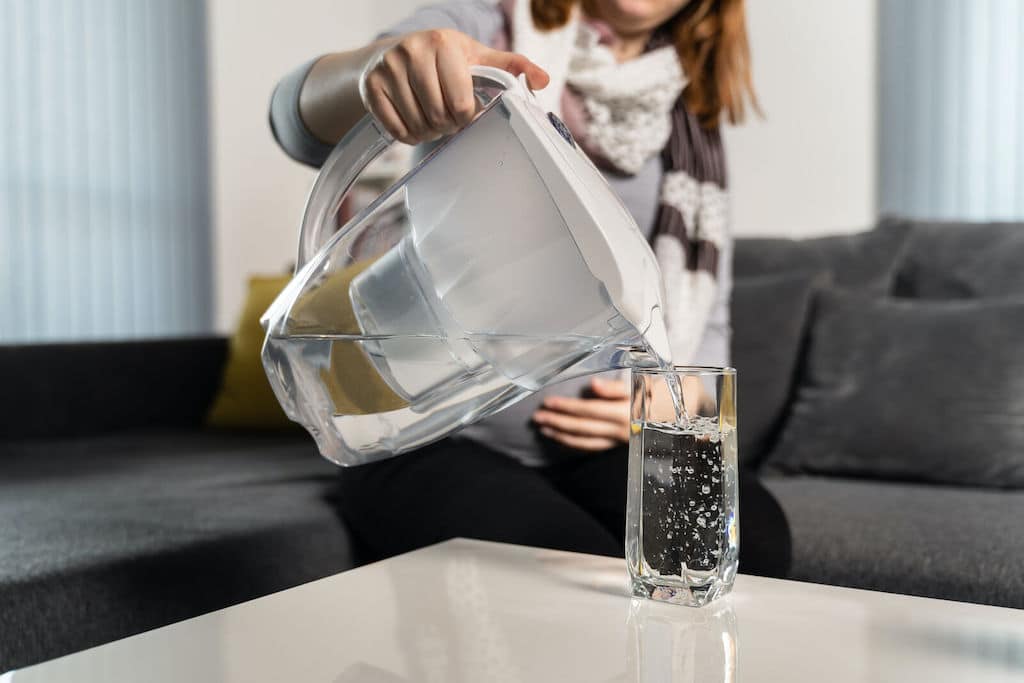
On November 30, 2023, the U.S. Environmental Protection Agency (EPA) released the Draft Lead and Copper Rule Improvement (LCRI), a strengthened version of the Lead and Copper Rule created to control lead and copper in drinking water. As strongly recommended by Plastic Pollution Coalition, the drafted rule requires water systems with consistently high levels of lead to make available filters certified to remove lead from water, rather than single-use water bottles. This is a significant step forward. However, the draft language on filters does not go far enough to provide clean water to impacted communities. The LCRI draft must be strengthened to:
- Require water systems to fund the purchase and distribution of filters to customers.
- Require water systems to provide in-depth education materials and training on filter efficacy, and filter use and maintenance.
- Reduce the number of lead action level exceedances and time period required in order to mandate filter distribution, as well as the time for filter program implementation.
Water systems must actively distribute water filters to lead-impacted homes. “Making filters available” as currently mandated in the draft LCRI is simply not enough. Education materials and training must also be provided on filter efficacy and filter use and maintenance. Community trust in water filters and accurate servicing of the filter is critical to ensure families don’t turn to costly polluting single-use plastic water bottles or improperly use the filters, resulting in exposure to unsafe water contaminants. Proper distribution and education is critical to ensuring customers can access, trust, and properly use their filter, as seen in Denver, Colorado where, with advanced distribution and education measures, Denver achieved 80% filter adoption rates.
The EPA must also minimize the period that families must wait for a filter by reducing the time and number of lead level exceedances required to constitute “consistently high levels of lead” and expedite filter program implementation as any amount of lead exposure is unsafe. A “filter first” approach will ensure families have access to clean, safe drinking water in the many years to come as the LCRI is implemented and lead service lines are replaced.
Additional Measures Must Be Taken
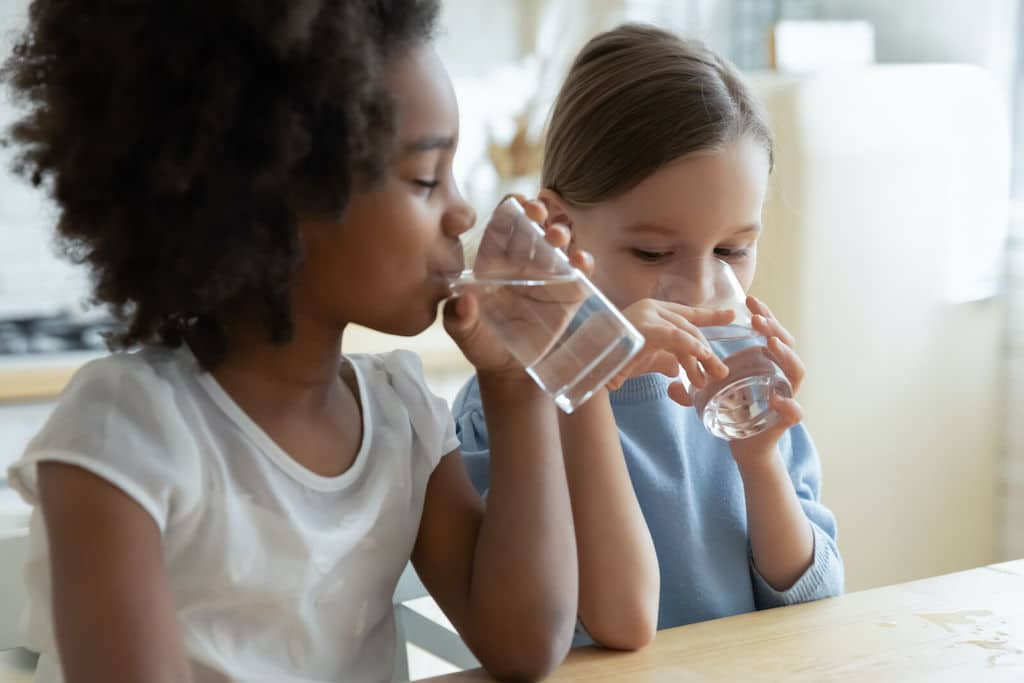
Additionally, Plastic Pollution Coalition, along with Beyond Plastics, calls on EPA to provide recommendations for safe replacement pipe materials such as recycled copper and stainless steel, and advise against dangerous alternatives such as PVC and CPVC plastic pipes, which introduce another source of plastic pollution into peoples’ lives. These materials are an environmental injustice nightmare, as evidenced by the derailment of a train carrying vinyl chloride almost one year ago in East Palestine, Ohio, and can leach dangerous contaminants into the water they transport such as vinyl chloride and microplastics.
We also support calls for EPA to reduce the lead action level from 10 to 5 ppb and require water systems to pay for full service line replacement. This is a critical opportunity for EPA to increase clean water access without the distribution and pollution of toxic plastic bottles and pipes.
Take Action
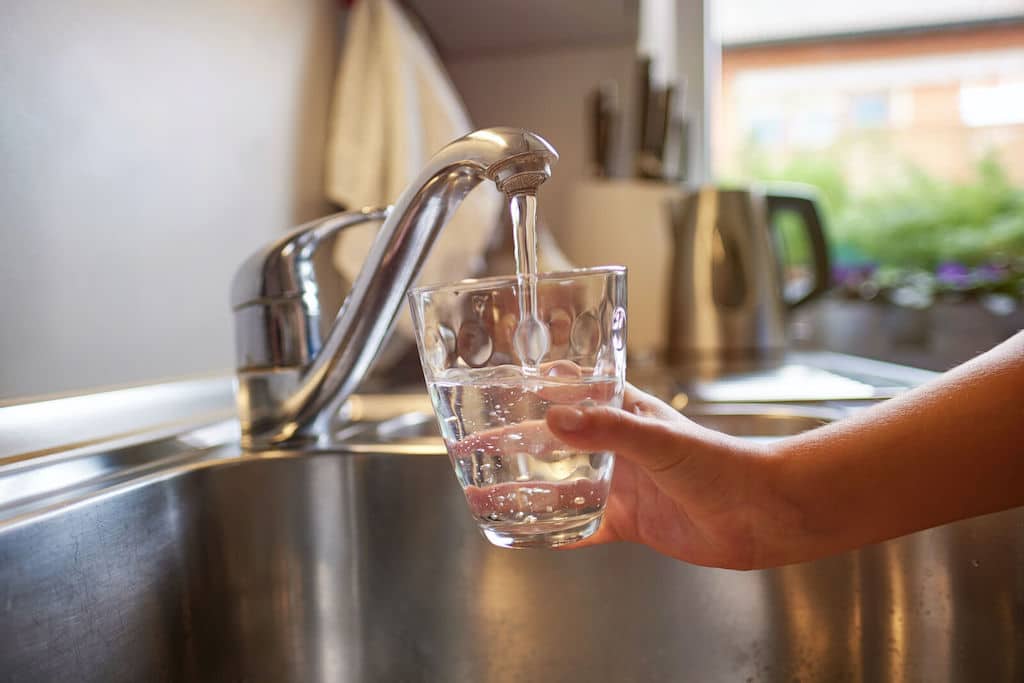
Sign the petition to urge the EPA to strengthen the proposed LCRI language on filter distribution and ensure families have access to safe water without toxic lead or plastic pollution!
